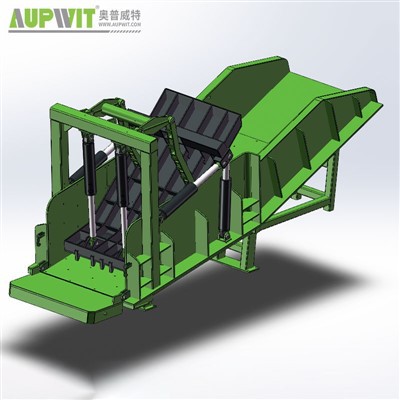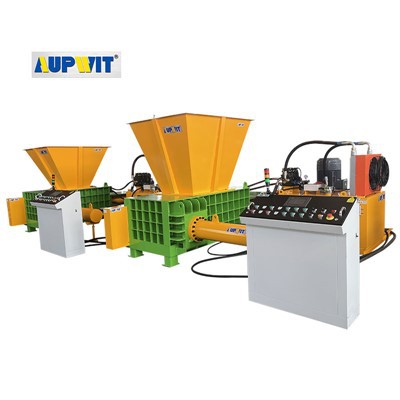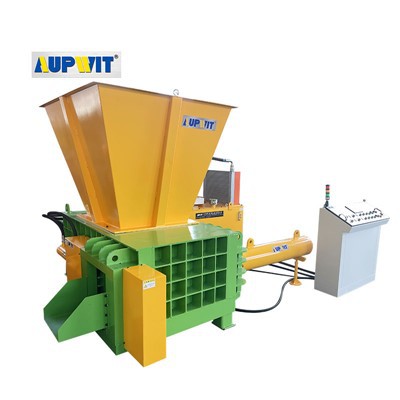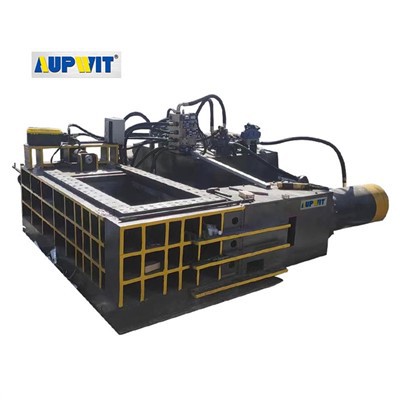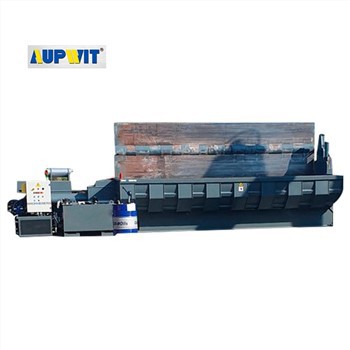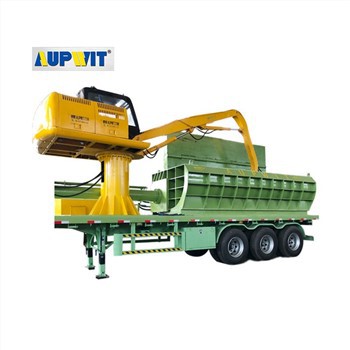Metal chips presses play a vital role in various industries due to their ability to efficiently handle metal chips. Here are some of their main uses:
- Space Reduction for Storage and Transportation: One of the primary uses is to compress metal chips into compact blocks. Loose metal chips take up a significant amount of space, making storage and transportation difficult and costly. By compressing them into dense blocks, the volume is greatly reduced, allowing for more efficient use of storage space in warehouses and easier transportation in trucks or containers. This leads to significant cost savings in both storage and logistics.
- Metal Recycling: In the recycling industry, metal chips presses are essential. The compressed metal blocks are easier to handle and feed into furnaces for melting. The high density of the blocks helps in better heat transfer and reduces the amount of air gaps, which improves the efficiency of the melting process. This results in higher yields of recycled metal and lower energy consumption, making the recycling process more economically viable and environmentally friendly.
- Waste Management: Metal chips generated from machining processes are considered waste. However, instead of disposing of them, metal chips presses enable the transformation of these waste materials into a more manageable form. This not only reduces the volume of waste sent to landfills but also allows for easier handling and processing at waste management facilities.
- Quality Control in Manufacturing: In some manufacturing processes, metal chips presses can be used to consolidate metal chips for quality control purposes. By compressing the chips, it becomes easier to analyze the material composition and detect any impurities or defects. This helps in ensuring the quality of the final product and can prevent potential issues downstream in the production process.
- Energy Conservation: The use of metal chips presses in recycling and waste management contributes to energy conservation. Since the compressed metal blocks are more easily processed in recycling facilities, less energy is required to melt and re - process them compared to dealing with loose chips. This helps in reducing the overall energy consumption in the metal - processing industry and promotes sustainable practices


